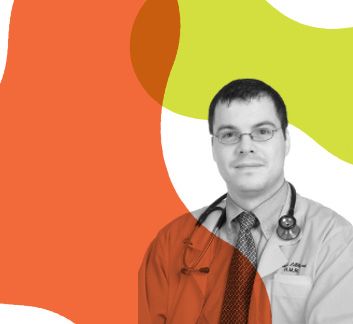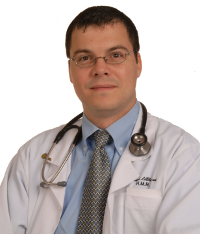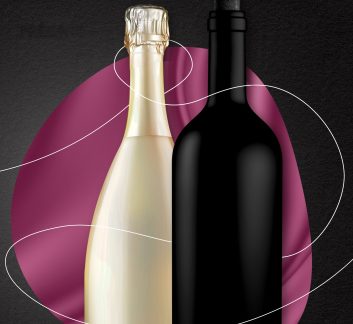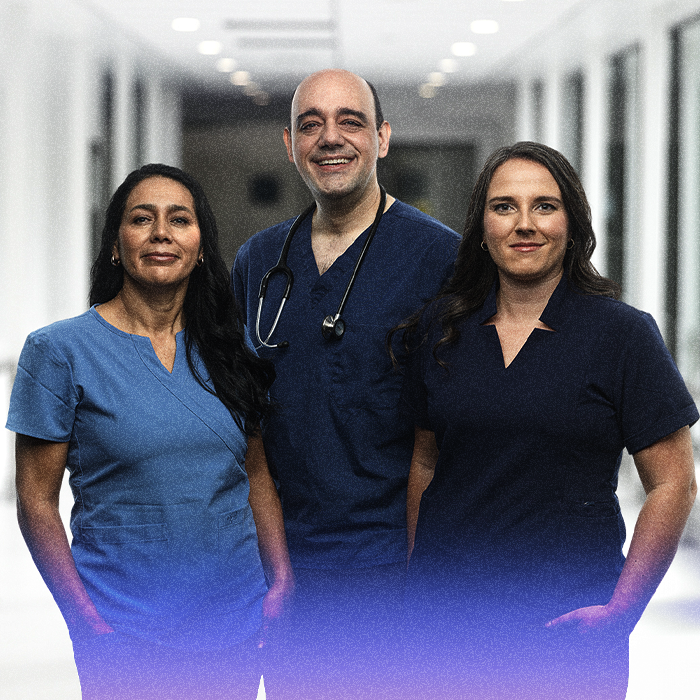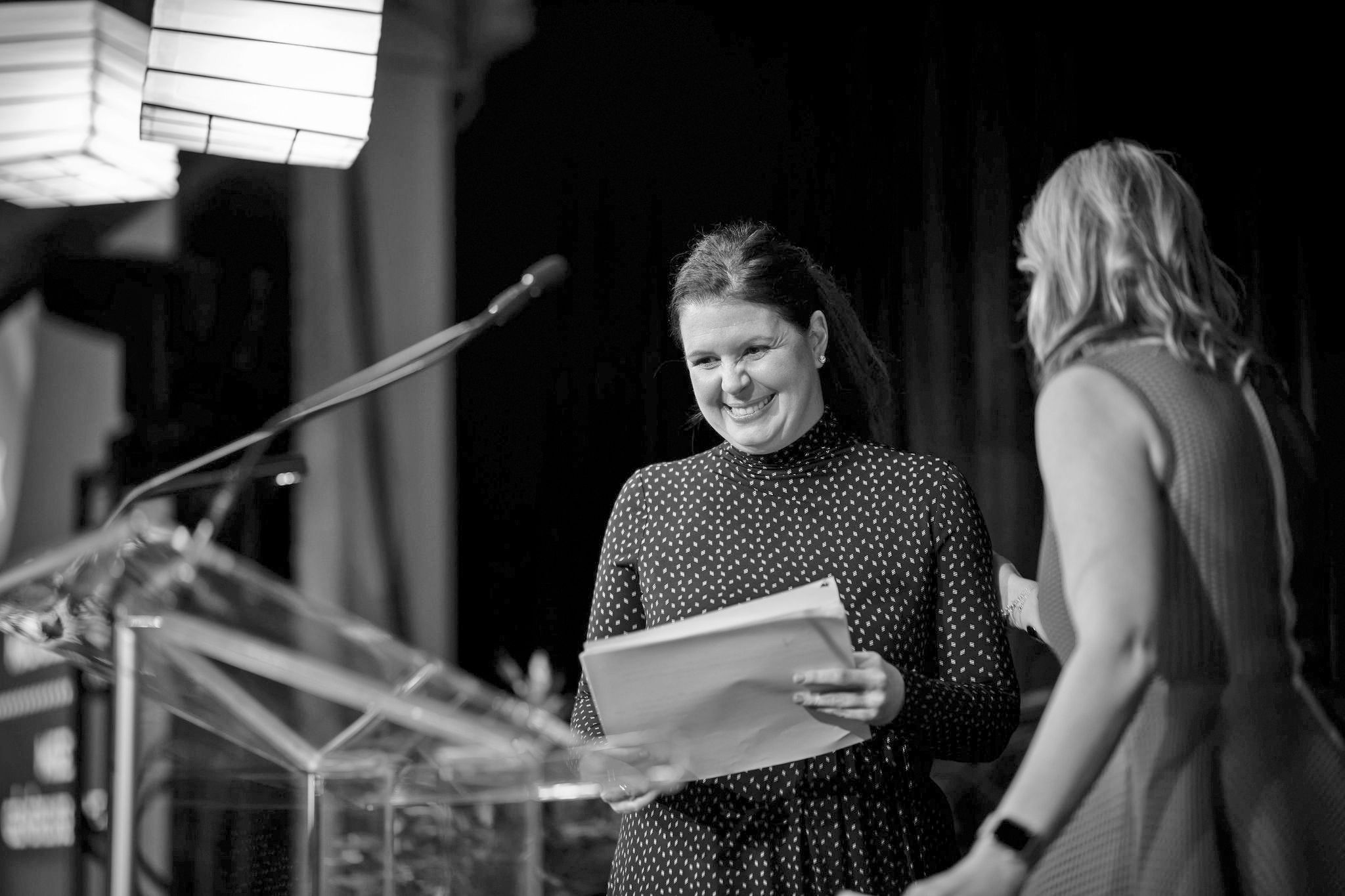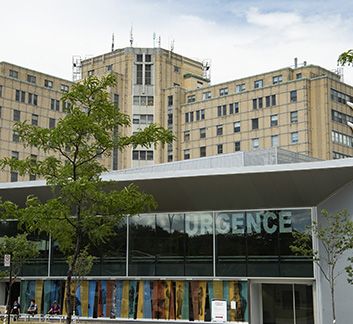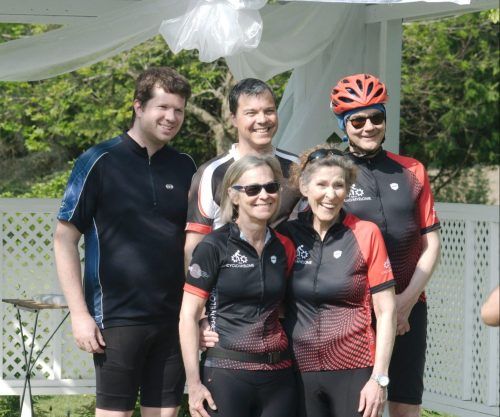Research on multiple myeloma: Where do we stand?
15 March 2021
Dr. Richard LeBlanc, holder of the Université de Montréal Myeloma Canada Chair on Multiple Myeloma at Hôpital Maisonneuve-Rosemont (HMR), provides an update on research in this area.
Speaking to donors and participants of the Défi Cyclo-myélome during a virtual conference, Dr. LeBlanc talked about advances in research and the impact of their contributions in the fight against this cancer. He also took the time to answer questions.
What is multiple myeloma?
It is a cancer of the bone marrow caused by abnormal behaviour of plasma cells, a type of white blood cell. Still incurable today, the disease can be treated and, thanks in particular to research, affected patients live better and for longer.
Survival and quality of life improving
In the past 20 years, research has progressed rapidly, according to Dr. LeBlanc.
Among other things, clinical trials give patients access to many promising drugs that would not be available to them otherwise. This enabled many patients who did not respond to standard treatments to remain hopeful, while improving their condition as well.
Other studies, namely on allogeneic transplantation1—an immunotherapeutic approach—, have been very successful with participating patients. This technique aims to “transplant” a new immune system in patients. The new, often stronger cells change the body and fight disease.
About immunotherapy
A treatment that uses the power of the body’s own immune system, immunotherapy has been in development for many years and shows promising results in various medical fields.
Immuno-oncology, also called cancer immunotherapy, is one of the three areas of excellence at HMR, where teams are hard at work to better understand the mechanisms regulating genomic instability, cancer development, immune reconstitution, and response to treatments.
And now? The fight goes on
The battle against multiple myeloma is not over! Research continues with the constant aim of improving outcomes for patients, and ultimately finding a cure.
Avenues of interest to researchers include:
- The development of antibodies that would attack cancer cells or stimulate the immune system;
- Car-T cells—a personalized therapy designed for the patient’s immune system— where we could “educate the cells” to fight against myeloma.
The difference your donations and your support make
Philanthropy makes it possible to fill an essential need in medical research: the financial factor. Such support is what empowers teams like that of Dr. LeBlanc to make great strides.
Your support is essential and 100% of gifts made as part of the Défi Cyclo-myélome go to research.
About the Défi Cyclo-myélome
Since 2013, Maryse Bouchard and Francine Ducas hold the Défi Cyclo-myélome each year with the aim of raising awareness about multiple myeloma as well as funds for research to supplement the financial efforts of the Myeloma Canada Chair.
Over the years, the Défi Cyclo-myélome secured more than $500,000 in support of Dr. LeBlanc’s research!
Take the #MonDéfiMyélomePerso
This year, the 9th edition of the Défi Cyclo-myélome will take place in virtual mode on Saturday, May 29, 2021.
Register to #MonDéfiMyélomePerso or make a donation in support of the cause by clicking here.
1 Allogeneic transplantation is the transplant into an individual of a graft taken from another individual. It is different from an autologous transplant.

